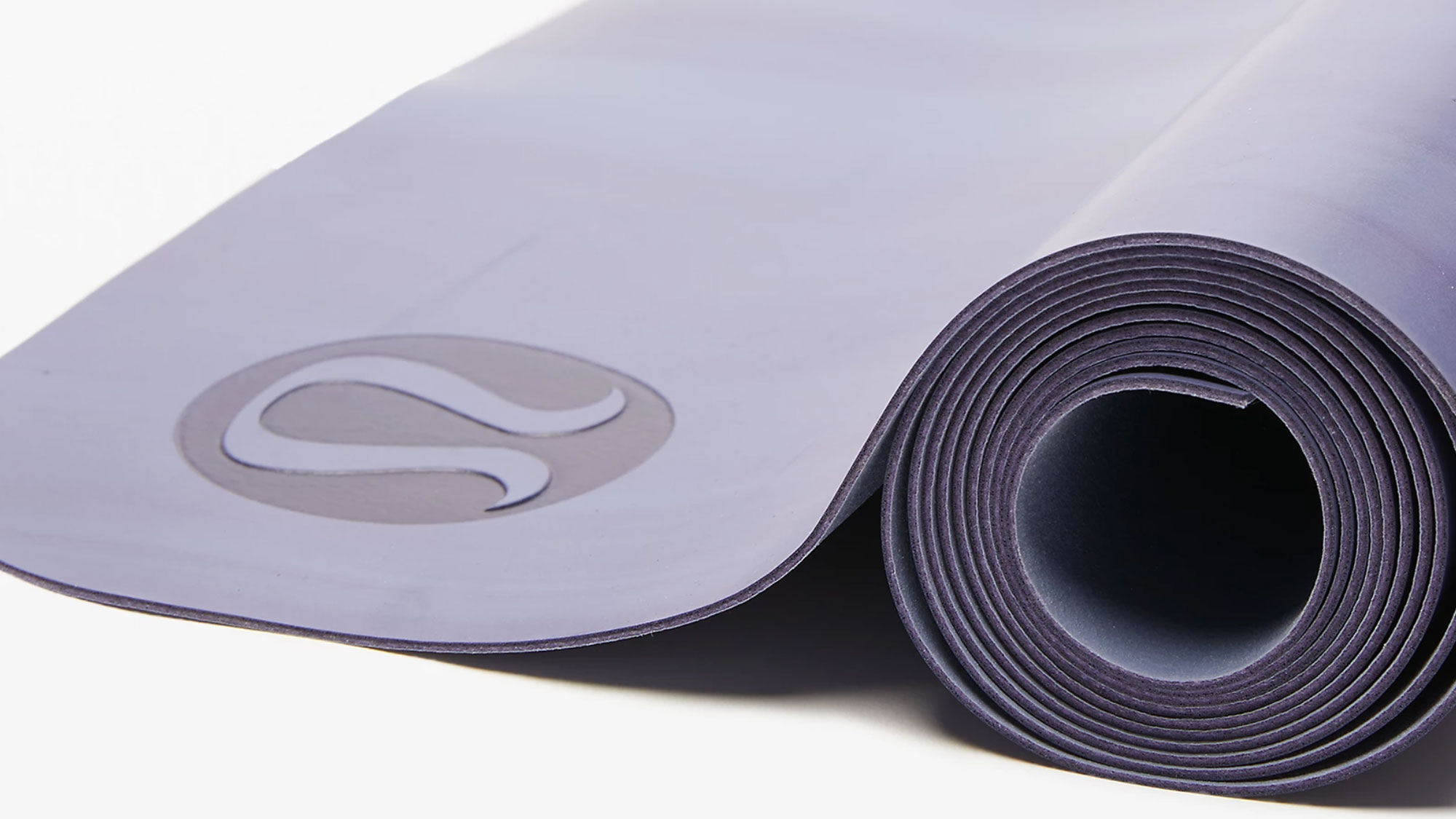
A great time to begin exercising is during pregnancy. This is especially true if the goal is to tone your legs. To begin, start in a side plank position on your hands and knees. Engage you core and extend your right arm behind you. Keep your left arm straight in front. Next, take two dumbbells and curl them up. Repeat the exercise twelve times on each side.
Exercise during your first trimester should involve low-impact physical activities that you enjoy, but consult with your healthcare provider before beginning an exercise routine. Start by doing a few 15-minute sessions every day. You can add more sessions as your baby and body grow. Walking is a great option to burn calories and keep your joints and muscles healthy. You can take your time when working out as long as it is safe and you don't overdo.

It is important to avoid exercising when you are pregnant. Although it is normal to experience bleeding while working out, it can also indicate a greater risk of miscarriage. Low birthweight babies can still be born healthy if they have healthy parents. Therefore, it's important that you limit your exercise intensity during the first trimester. This will help to prevent miscarriage.
Being active during pregnancy can help improve your mental, physical, and spiritual health. A few of the most beneficial exercises include squats, which maintain the strength of your glutes and hips. They can also aid in the birth process. Crunches, on the other hand, should be avoided while you're pregnant. Although they may be beneficial, they can cause dizziness as well as low blood pressure. Therefore, avoiding them is essential for both your health and the health of your unborn baby.
Because of hormonal changes, many women find it difficult during their first trimester to exercise. A woman should avoid lying on her back as this can cause blood pressure to drop and complications for the unborn baby. Avoid activities that can cause her to fall. Further, she should avoid scuba diving, which can cause her to pass dangerous gas bubbles in her body.

Exercise during the first trimester can be beneficial for the mother and her baby. Before beginning any new exercise routine, it is important to talk with your doctor. These exercises may help mom feel better. It is important that you don't jump and jar during exercise. This is because baby should be in a position to receive the most benefits. Avoid contact sports, such as downhill skiing, while you are pregnant.
FAQ
How to build muscles quickly
Fast muscle building is possible by eating healthy foods and regularly lifting weights.
The best time to work out is early morning when you are fresh and ready for action!
You should try exercises such as squats, bench presses, push-ups, etc.
Take a look at different weight training options and make sure to drink plenty of fluids throughout the day.
What's the best workout for men over 40?
Older men often have more energy and stamina when they exercise.
It is important for you to know that over 40s experience a reduction in testosterone which can lead to lower sex drive.
But, that doesn't mean you can't enjoy some physical activity. Studies have shown that some men can get more testosterone from regular aerobic exercise.
So, if you want to improve your sexual performance, you can start with an aerobics routine.
Is it true, that too much protein can cause kidney stones?
Protein helps maintain healthy bones and tissue. Consuming too much protein can result is calcium excretion via urine. This can lead to kidney stone formation.
It is important to remember that not all people get kidney stones from eating more than 2g protein per kilogram (2.2lbs) of body weight. People can eat large amounts of protein and not get kidney stones.
By being careful with your sodium intake, you can prevent kidney stones. The kidneys regulate the amount of sodium they consume. Too much sodium can cause kidney stones.
If you have kidney stones, you can reduce your intake of protein. For most people, protein provides half their daily caloric requirements. A reduction in protein intake will likely result in weight loss.
If you do decide to eat more protein, don't go overboard. Limit your intake to 20% of your total daily protein intake.
Statistics
- The PRS enabled risk stratification for overall prostate cancer and lethal disease with a four-fold difference between men in the highest and lowest quartiles (HR, 4.32; 95% confidence interval [CI], 3.16-5.89). (pubmed.ncbi.nlm.nih.gov)
- By John Thompson Take a whopping 38% off a set of PowerBlock Pros. (menshealth.com)
- Candidates and applicants must pass all four tests at 70% (minimum level) to graduate from Basic Deputy U.S. Marshal (BDUSM) Training. (usmarshals.gov)
- Get free shipping and 25% off today. (healthline.com)
- An estimated calorie range for moderately active adult males falls between 2,200 to 2,800 calories per day, depending on age. (eatright.org)
External Links
How To
What nutrients do men need each day?
Daily nutrition is essential for men's healthy growth. The body requires vitamins, minerals, proteins, carbohydrates, fats, water, fiber, and other essential elements.
Also, the male body requires certain nutrients at specific times during the day. You can see that your body uses energy to make hormones. Protein is needed to build muscles and repair tissue damaged when you wake up.
At night, your body breaks down fat and stores the extra energy as glycogen. Your body has less energy but still requires enough nutrients during this time. You can have a snack at night if you feel hungry.
You need to eat enough carbs and protein when you exercise. If you exercise hard, you might feel muscle soreness.
To avoid this, you need to eat carbs and proteins within two hours of training. Your body will use stored glycogen to produce glucose for energy.
Additionally, it is important to eat protein right away after your workouts are over. This prevents muscle tissue being destroyed while you're sleeping.
Your body can produce lactic acid during intense physical activity. It is a form of lactic acid that builds up in the bloodstream. This causes fatigue. To avoid this, you should eat foods rich in carbohydrates, such as fruits and vegetables.
Carbohydrates are a good source of energy to help you recover from hard exercise.
In addition, you may want to include lean meats, fish, eggs, milk, cheese, yogurt, beans, nuts, and seeds into your diet.
All of these foods contain high quality protein. Protein is important for muscle growth and repair. Protein also supplies the amino acids your body requires to make sex hormones, such as testosterone.
A healthy skin, nails and joints requires sufficient dietary fats. Healthy men should consume between 20% to 35% of their daily caloric intake from fat.
Fat helps keep your heart strong and protects against cancer. Your brain also functions properly thanks to fat.
You can get most of the fat you need from vegetable oils like olive oil, sunflower oil, corn oil, soybean oil, peanut oil, and safflower oil.
These oils are rich in monounsaturated essential fatty acids (MUFAs). MUFAs can lower cholesterol levels and reduce inflammation. They protect your cells and prevent damage from free radicals.
Saturated fats are found in animal products including meat, dairy products, butter and other dairy products. SFAs raise LDL ("bad") cholesterol and increase triglycerides. They can also increase weight and reduce belly fat.
Polyunsaturated oil (PUFAs), which are plant-based, can be found in vegetable oils, nuts seeds, grains, and other plant-based products. PUFAs improve cardiovascular function and decrease inflammation. They help to control blood sugars and cholesterol.
Erectile dysfunction is common in men with low HDL ("good") cholesterol. Saturated fats are a major source of bad cholesterol. This lowers good cholesterol.
Men who eat a lot of red meat or pork develop prostate problems because they contain large amounts of nitrates. High temperatures can cause nitrates to become nitrosamines. These compounds can lead to cancer.
Most processed meats contain nitrites or other harmful chemicals. They should be avoided.
The American Heart Association recommends that you limit your intake of red meat to 2 per week. Instead, choose poultry or fish, beans, tofu and whole grain bread.